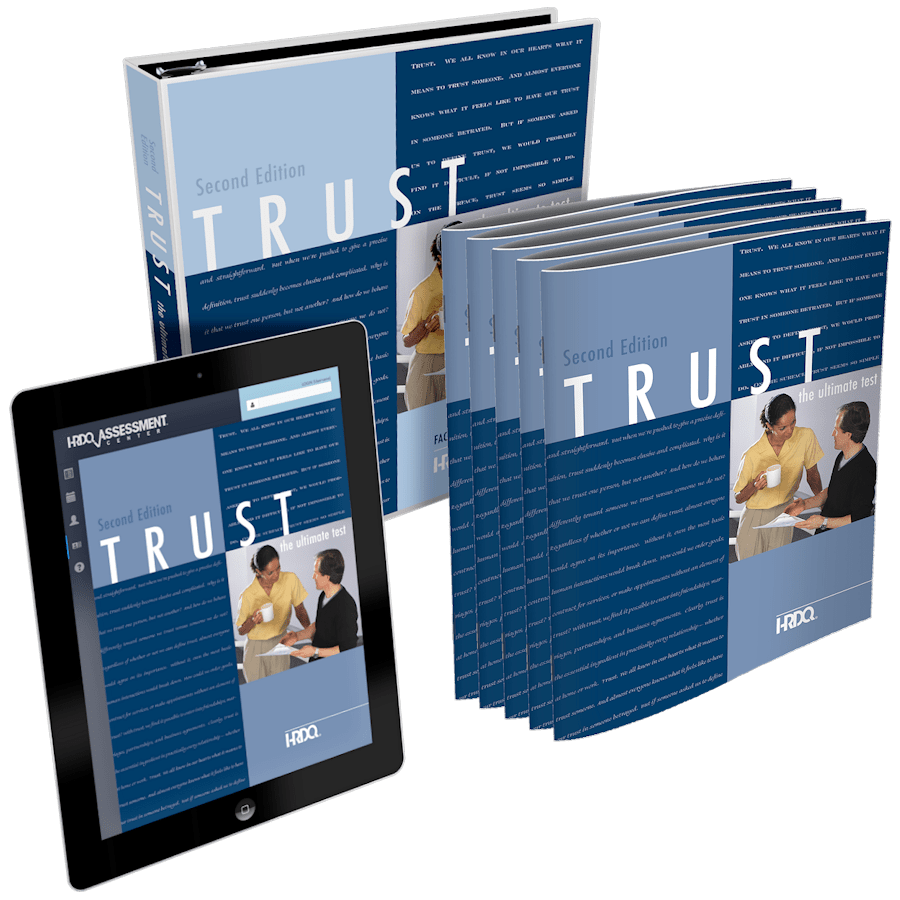The Foundation of Trust
In the Oxford Dictionary, trust is defined as the “belief that someone is good, sincere, honest, etc., and will not try to harm or trick you”. In essence, do your employees believe that you are working in their best interest and won’t betray them? There are actually eight main pillars that contribute to your credibility that you’ll need to work on to build trusting relationships:
- Integrity: Do your actions match your words? Are they all in alignment with your values and/or the team/organization’s values? People are incredibly perceptive when someone isn’t being genuine.
- Consistency: How do you show up physically, mentally, and emotionally? Consistency breeds a sense of stability and reliability. Maintain consistency by avoiding abrupt changes.
- Reliability: Do you follow through on commitments? Can others count on you? Do you keep promises and meet deadlines?
- Communication: Foster open communication by creating an environment where open and honest dialogue is encouraged. Welcome feedback, address concerns, and keep stakeholders informed. Embrace feedback as an opportunity for growth while admitting and learning from your mistakes to demonstrate humility and a commitment to improvement. Set realistic expectations by being transparent about what can and cannot be achieved. Set clear goals and communicate expectations to avoid misunderstandings.
- Results: Do you have a reputation for getting results? Are you able to deliver on your promises? If you want to hold others accountable, you’ll have to be able to hold yourself accountable first.
- Competence: While you don’t need to be an expert in everything, do you have basic proficiency in what you do? Competence is essential for instilling confidence in your abilities. Demonstrate competence by continuously enhancing your expertise in your specific field. Stay up-to-date with industry trends and best practices to showcase your competence.
- Transparency: Are you open and honest in your communications? Are you forthcoming with information, especially in times of change or uncertainty? Transparency reduces ambiguity and fosters clear understanding.
- Empathy: Lead with empathy by showing genuine care for the well-being of your colleagues and employees. Actively listen, understand their perspectives, and support their needs.
With these basic foundations covered, let’s move into how you can utilize these aspects in your organization to build trust up, down, or across.
Strategies for Developing Trust Upwards
Building trust with superiors or executives is critical for gaining support and influence. To establish trust with higher-ups:
- Integrity and Reliability: Meet deadlines and fulfill commitments to reinforce your reliability.
- Consistency and Results: Consistently produce high-quality work and achieve measurable results.
- Competence: Actively seek feedback from leaders to demonstrate your commitment to improvement.
- Transparency: Keep superiors informed of your initiatives, progress, and potential challenges.
How to Develop Trust Downwards
Trust within your team is essential for effective leadership. To foster trust with your employees:
- Integrity: Demonstrate the values and behaviors you expect from your team.
- Empathy and Communication: Show genuine interest in your team’s concerns and ideas. Provide opportunities for growth and offer support when needed.
- Transparency: Share organizational goals and decisions openly and honestly.
How to Develop Trust Across
Trust among peers and colleagues enhances collaboration and cross-functional success. To build trust with peers:
- Collaborate: Actively engage in cross-functional projects and contribute positively.
- Share credit: Acknowledge the contributions of others and share credit for collective achievements.
- Be a problem solver: Offer solutions and support when colleagues face challenges.
- Build personal connections: Get to know your colleagues on a personal level to strengthen bonds.
Where Do We Go from Here?
Trust and credibility are the foundation of effective leadership in the modern world. No longer optional, one must cultivate trust in all directions within the organization – upward, downward, and across departments. By embracing the key ingredients of trust, fostering open communication, and demonstrating competence, leaders can establish themselves as trusted advisors and achieve their professional goals.
Most importantly, remember trust is not built overnight – it’s a marathon, not a sprint. Investing in the development of trust and credibility is an investment in your success and the success of your organization. So, embark on this journey with determination, empathy, and a commitment to developing trust in the workplace by building meaningful, trustful relationships that pave the way for impactful leadership.


























